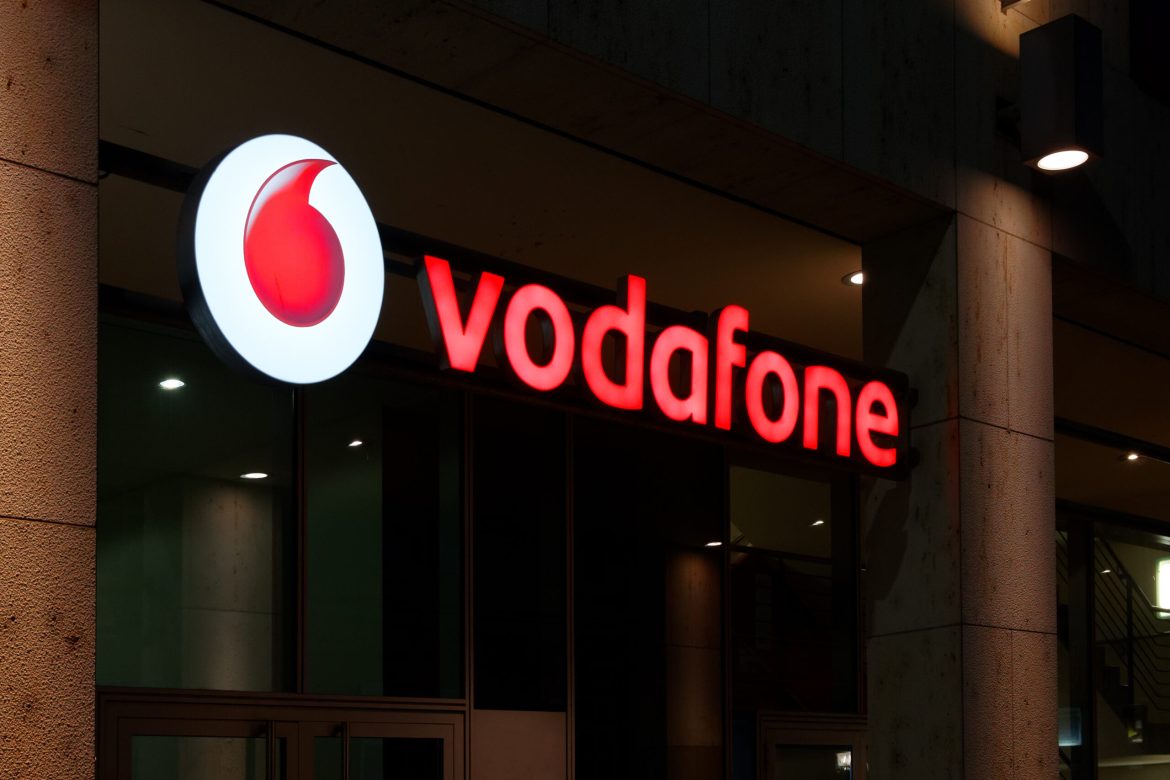Vodafone (LON: VOD) share price retreated by over 2% in London and by 0.50% in the US pre-market session on Thursday. It fell to a low of 76.32p, down from this week’s high of 79.50. Still, it is one of the best-performing companies in the FTSE 100 index as it jumped by 30% from its lowest point this year.
Vodafone Idea woes
The main reason why the VOD stock price dropped sharply was that Vodafone Idea, its Indian business suffered a major legal setback. Vodafone Idea’s shares plunged by over 15%, making it the worst-performing large-cap company. The shares have crashed by over 45% from the year-to-date high.
Vodafone retains a 32% stake in Vodafone Idea, with the other major shareholder being Aditya Birla, a top Indian conglomerate. Therefore, its financial performance has some impact on Vodafone’s business.
Vodafone Idea and other telecom companies like Indus Tower and Bharti Airtel also plunged, albeit at a lower margin.
In a statement, India’s Supreme Court ruled that the Department of Telecommunications had calculated its dues – known as the Adjusted Gross Revenue – from the telco companies correctly. This is notable since Vodafone Idea dues stand at 703 billion rupees of $8 billion.
Therefore, there is a risk that the company may not be in a position to continue with its debt raising initiatives. Most importantly, there is a likelihood that its top shareholders, including Vodafone and Aditya Birla, will be called upon to fund the company.
Vodafone Idea has been a highly embattled company in the past few years. It has lost its market share to companies like Jio and Bharti Airtel, which have over 430 million and 370 million customers.
It has one of the worst balance sheets in the industry as it has over $25 billion in debt. It was forced to seek a bailout in 2022, which gave the government a big stake in the company. Also, it needs substantial sums of money to improve its network, which explains why Goldman downgraded the stock.
Vodafone is in a turnaround strategy
Meanwhile, Vodafone Group is engineering a turnaround strategy as its business goes through a slowdown.
As part of this turnaround, the company has exited some of its top markets and used the funds to pay some of its debt. It sold its Spanish business to Zegona in a $5.3 billion deal. It recently sold its Italian business to Swisscom in a 8 billion euro deal.
At the same time, the company is working to boost its market share in the UK by merging with Three. In a recent statement, the country’s competition authority warned that the merger would create a big company that could lead to higher prices.
Vodafone has rejected these claims, arguing that the combined firm will be well-capitalized to invest in technologies like 5G. It will also be at a better position to compete with BT Group.
Vodafone’s financial results
The most recent financial numbers showed that Vodafone’s service revenue rose by 3.2% in the last quarter to €7.46 billion. Its other revenue also rose slightly to €1.57 billion, bringing the total revenue to over €9.05 billion.
For Vodafone, investors always look at its German business since it is its biggest component. In Germany, its Q1’25 revenue eased to €3.095 billion from €3.147 billion in the same period a year earlier.
Its UK business, the second-biggest business, generated over €1.68b billion, an increase from €1.68 billion. Its best performance was in Turkey, where revenue soared to €664 million even as inflation remained a challenge. Vodafone’s African business also did well as its revenue rose from €1.7 billion to €1.83 billion.
These numbers show that the company is growing, albeit at a slower rate. This slow growth is expected because most telecom companies have moved from their growth phase.
Instead, the main reason why most investors buy Vodafone is because of its dividends. The company pays a dividend yield of about 9.55%, a figure that is higher than other companies in the industry, including BT Group.
However, the challenge is that the company plans to slash its dividend by half this year to preserve cash and invest in its market. Analysts believe that the cut was necessary as it let the company focus on its business.
Read more: Vodafone shares price could explode higher: July 25 will be key
Vodafone share price analysis
The daily chart shows that the VOD stock price bottomed at $60 earlier this year and has been in a slow uptrend since then. It is approaching the 38.2% Fibonacci Retracement point.
Vodafone has also formed a golden cross chart pattern as the 50-day and 200-day Exponential Moving Averages (EMA) crossed each other.
Most importantly, it has formed what looks like an inverse head and shoulders pattern. Therefore, the stock will likely continue rising as buyers target the 50% retracement point at 86.30p.
The post Vodafone share price skid amid Vodafone Idea woes: buy the dip? appeared first on Invezz

